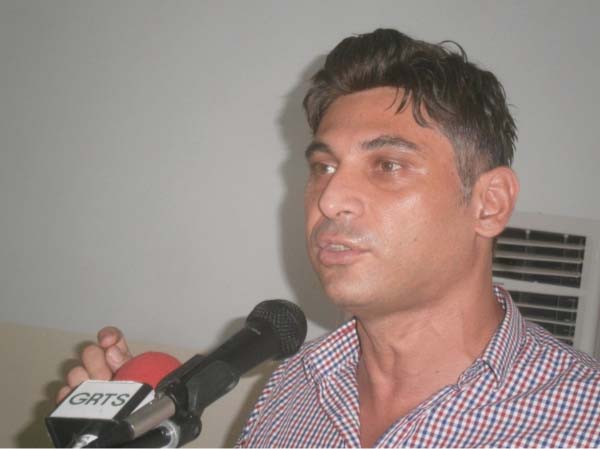
He said the importance of tourism is key, and tourism in The Gambia has been part of the Gambian social economic development since the 1960s, as it contributes close to 20 per cent of the country’s GDP.
He made the statement while delivering a speech during the closing ceremony on the validation curriculum of the Gambia Tourism and Hospitality Institute (GTHI) held at its head office in Kanifing on Friday.
He said tourism is a major source of employment in the country, hence people need to change their attitude towards the tourism industry to make it a viable industry that could attract tourists.
The British national, who has been in The Gambia for the past 17 years, said the tourism industry is part and parcel of Gambian way of life, hence it should be embraced and expanded positively.
“We have to look at The Gambia in terms of what it offers as its product, quality and pricing. We have to be competitive and yet still maintain our dignity by avoiding price dumping. We need to work with tour operators in an equal footing and also have to work towards air accessibility throughout the year,” he said.
He said the challenges are many and the options to deal with them are also many, adding that the way forward is through partnership, such as the support of The Gambia Tourism and Hospitality Institute (GTHI).
Exchanging ideas and learning from well-established tourism markets such as Spain is a way in the right direction, he pointed out.
“I hope in the near future and from the current training graduates to see many successful Gambians leading the way in the tourism on the ground to make it happen,” he said.
He said that 10 years back The Gambia was welcoming more tourists than her neighbour Cape Verde, adding: “We need to deal with hard facts and accept our shortfalls to be able to move forward.”
He said the best way to support the development of the industry is to support Gambian-run businesses with government incentives and financial soft-loan support from the banking industry either through backing by government schemes or international schemes.
Such support should also include allowing foreign direct investment from big hotel chains and tour operators to come into the country.
“We the private sector should also look at better pay and better benefits and continuous training for the Gambian workforce in the industry,” he stated.
He disclosed that R&R employs over 60 Gambians in the laundry and housekeeping-related sector, and is part and parcel of the Tourism & Hospitality Industry, adding that he would continue to contribute towards the socio-economic development of The Gambia.
Read Other Articles In Article (Archive)



